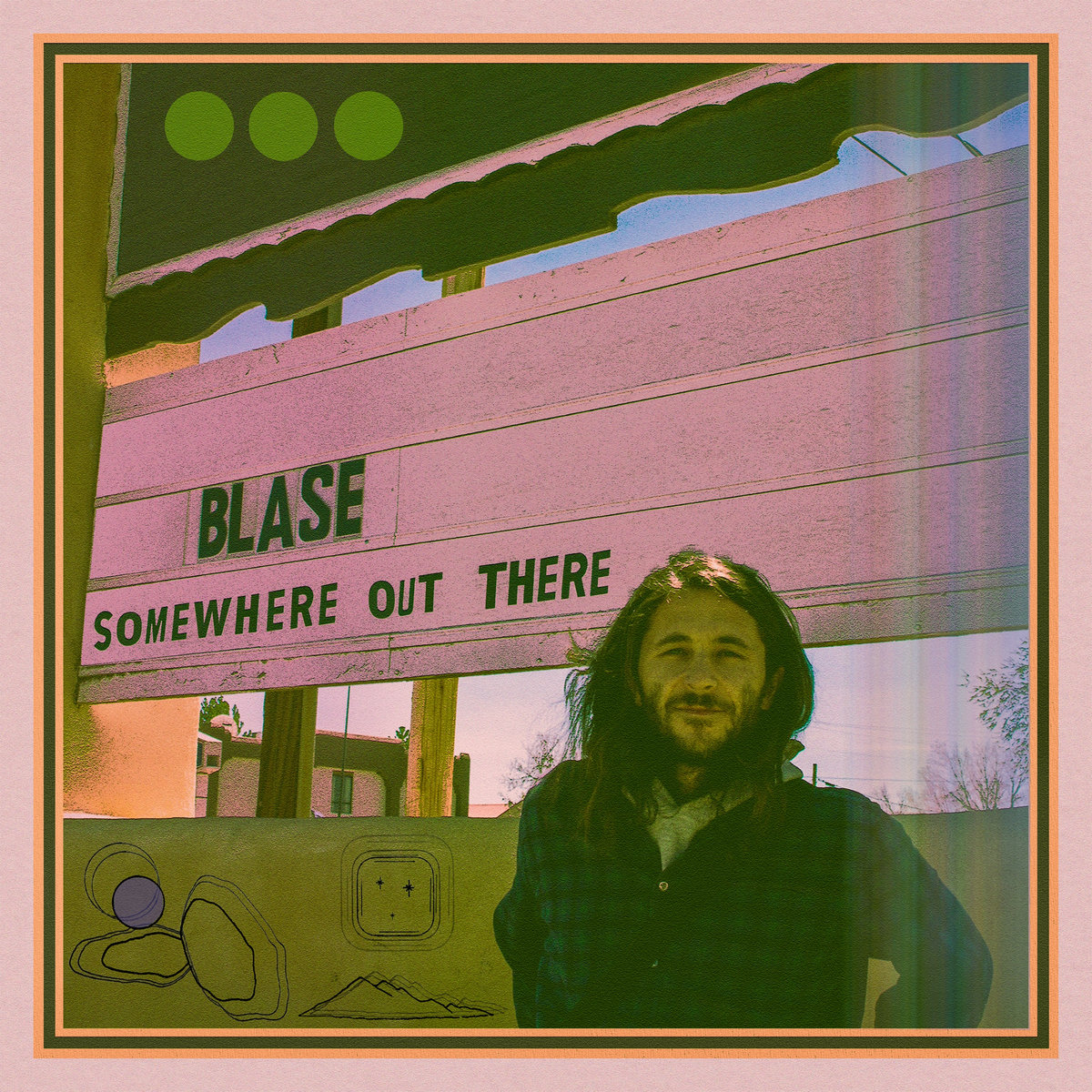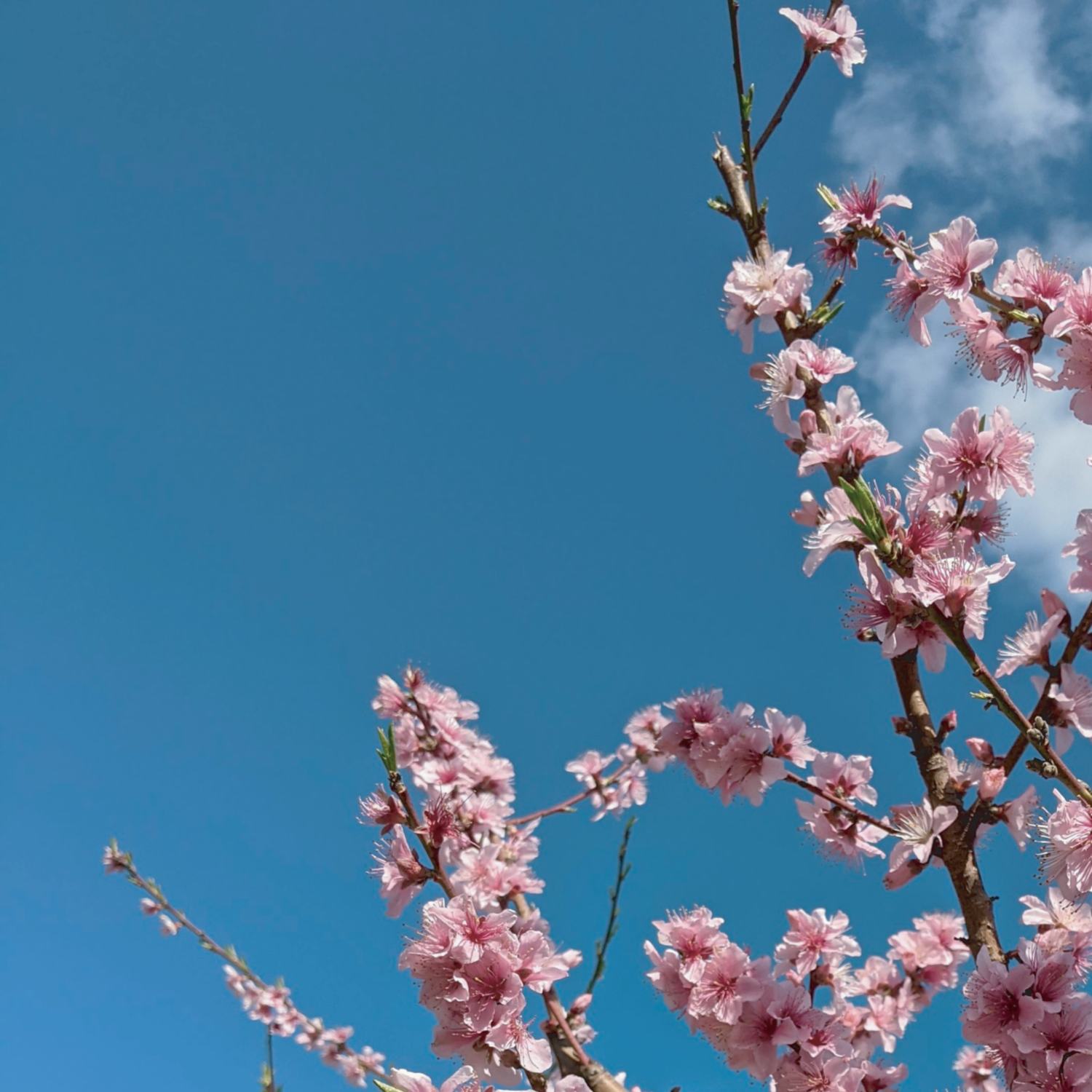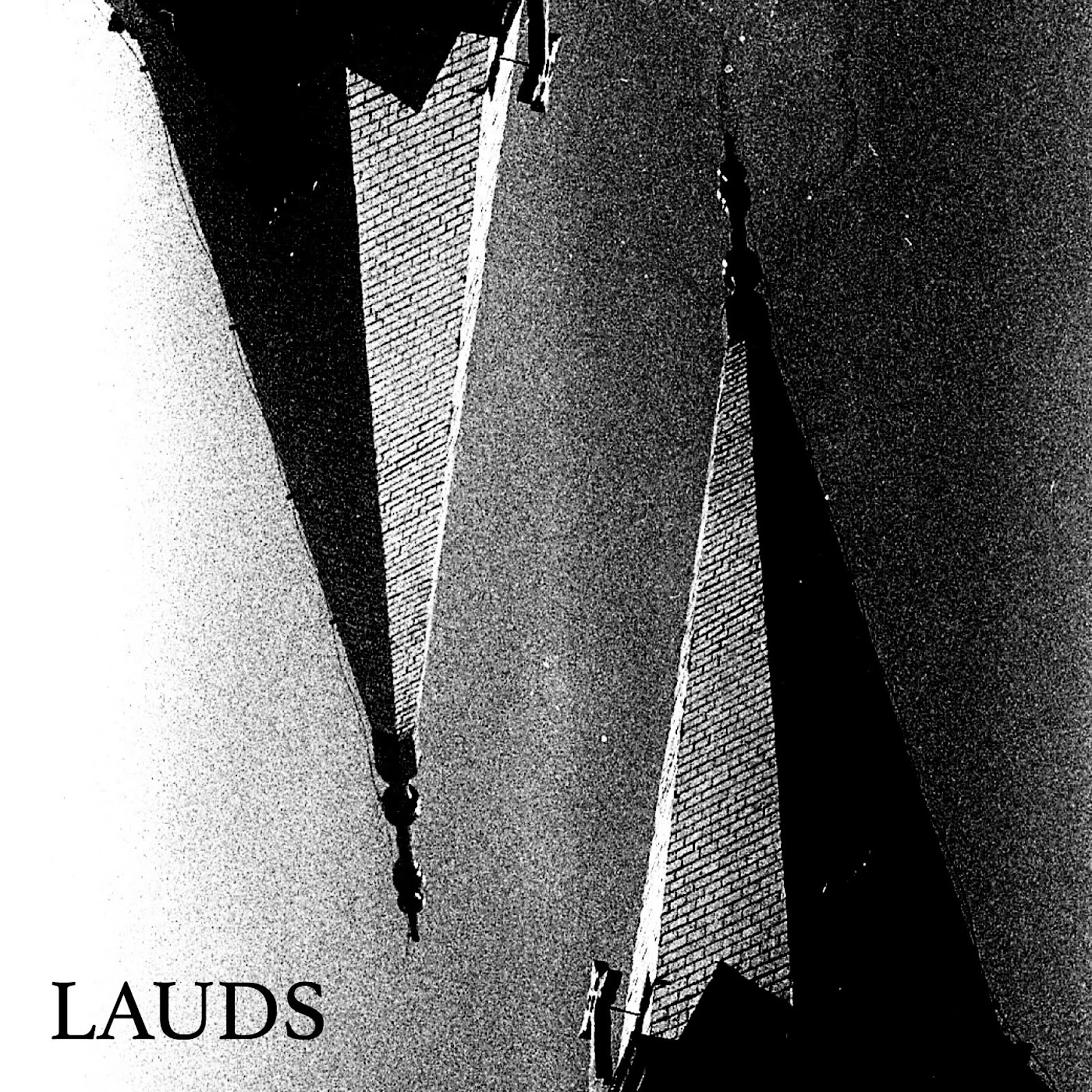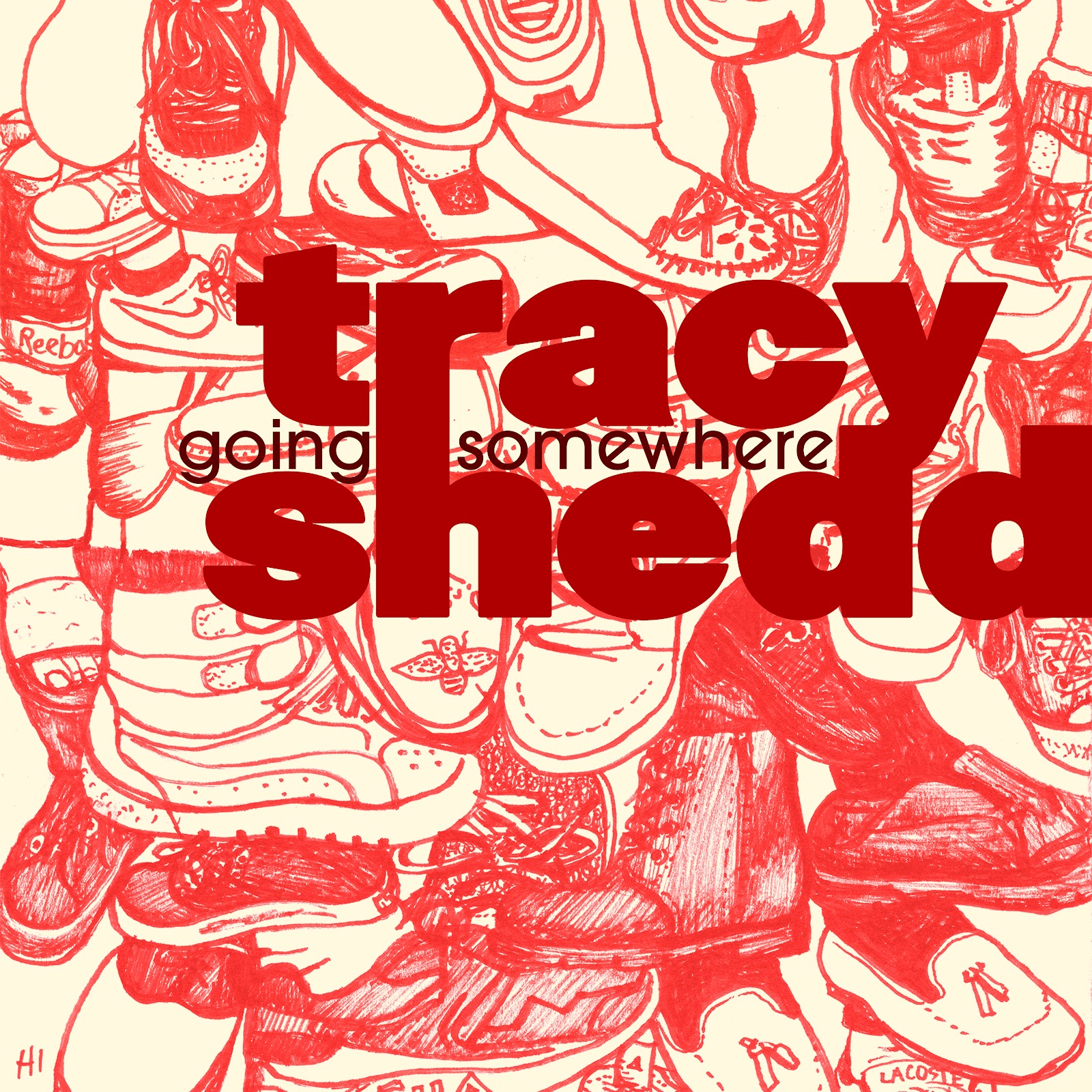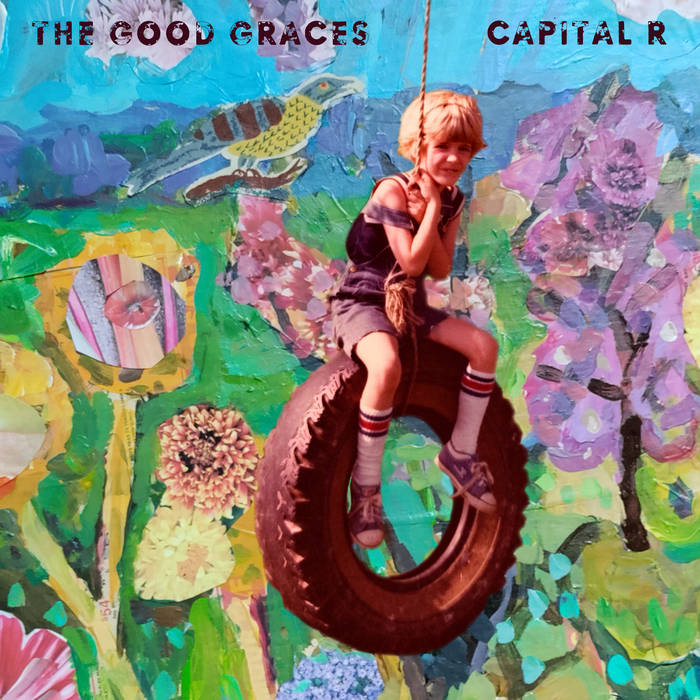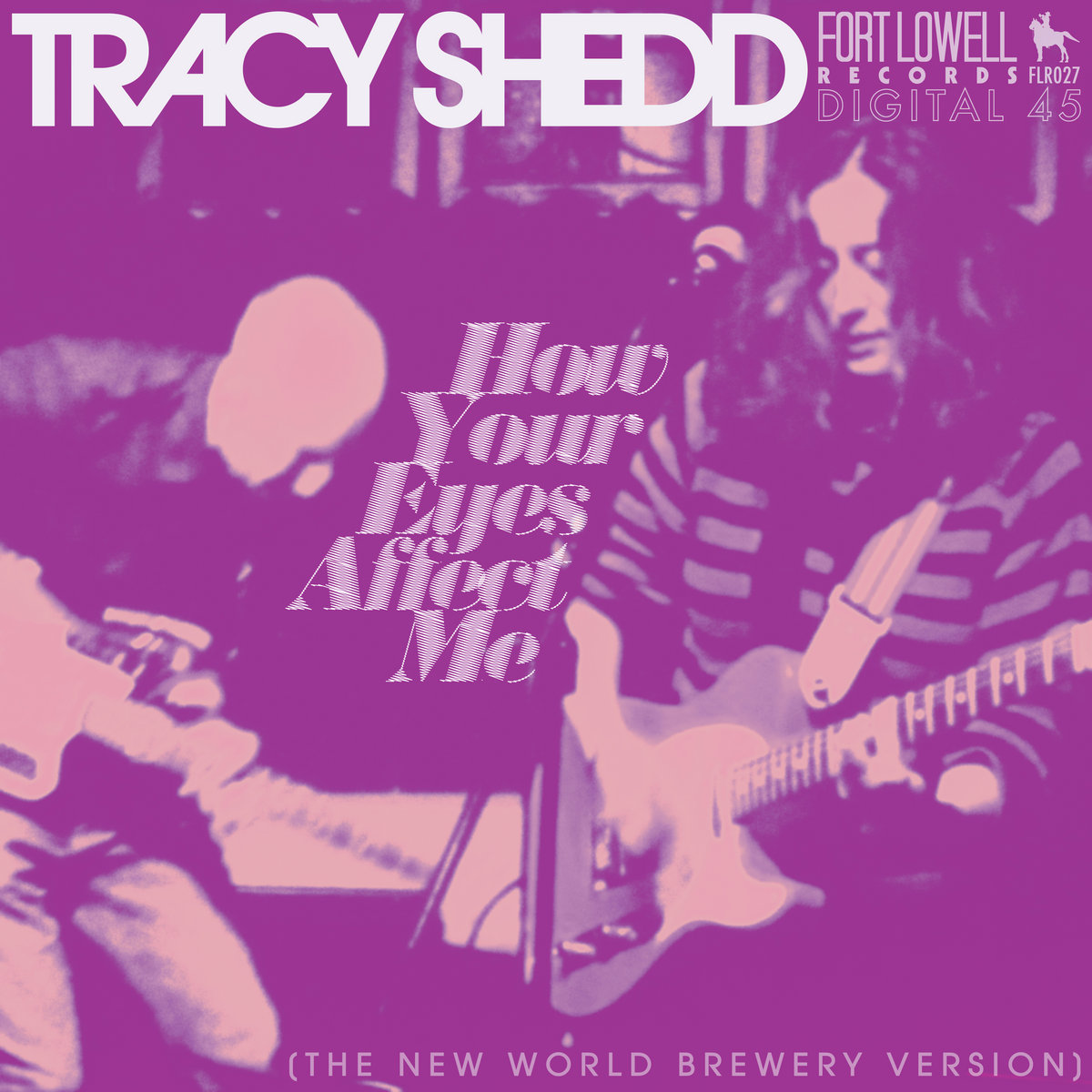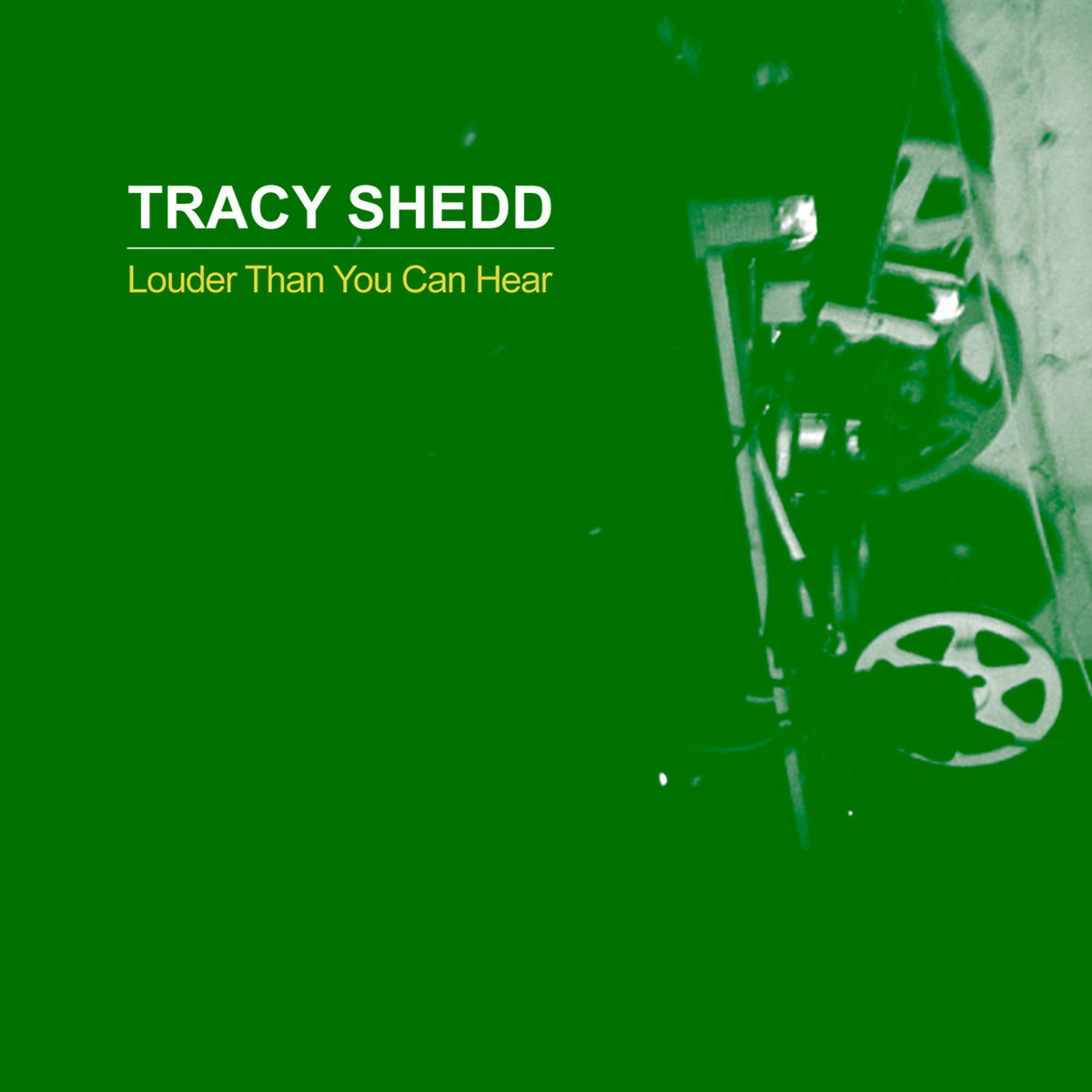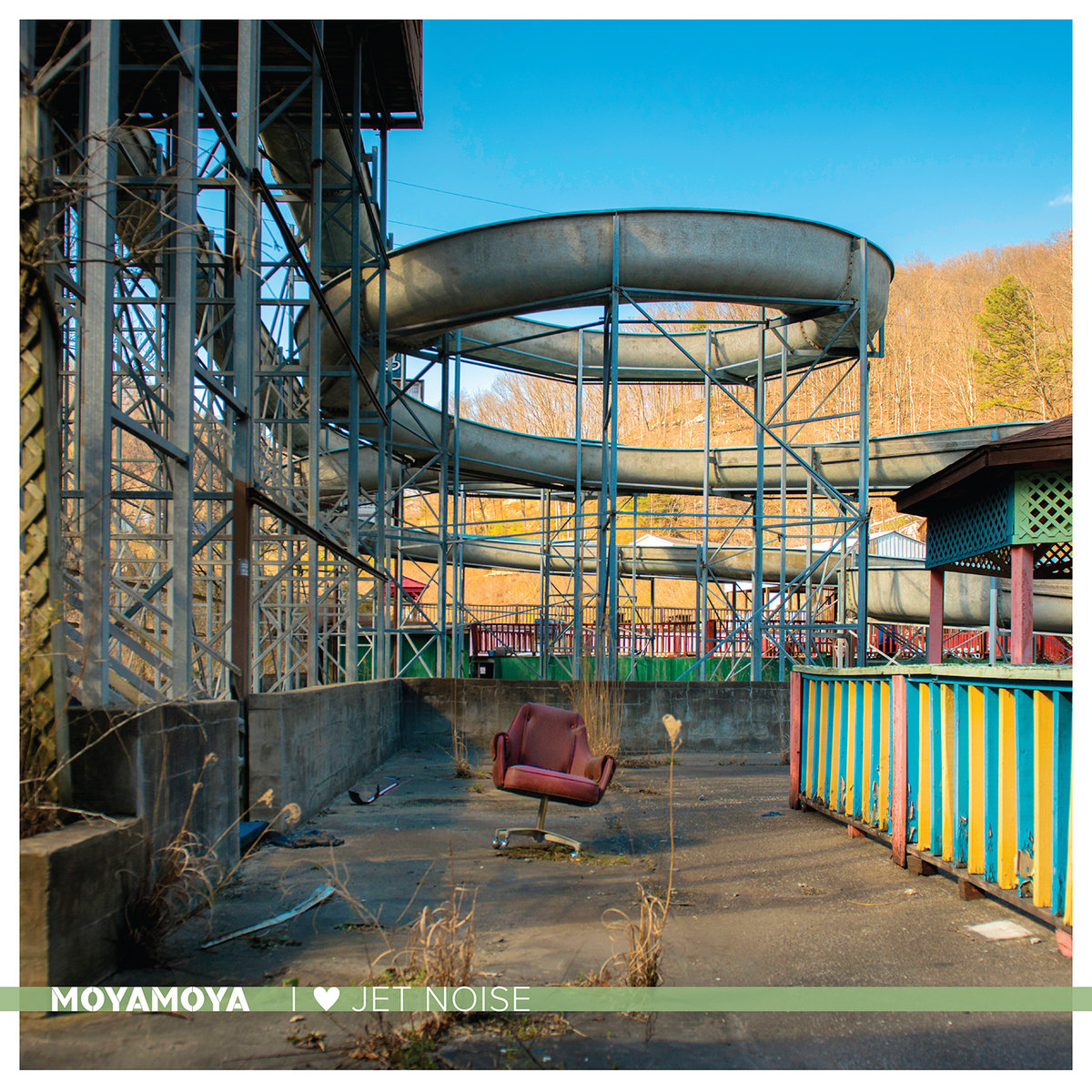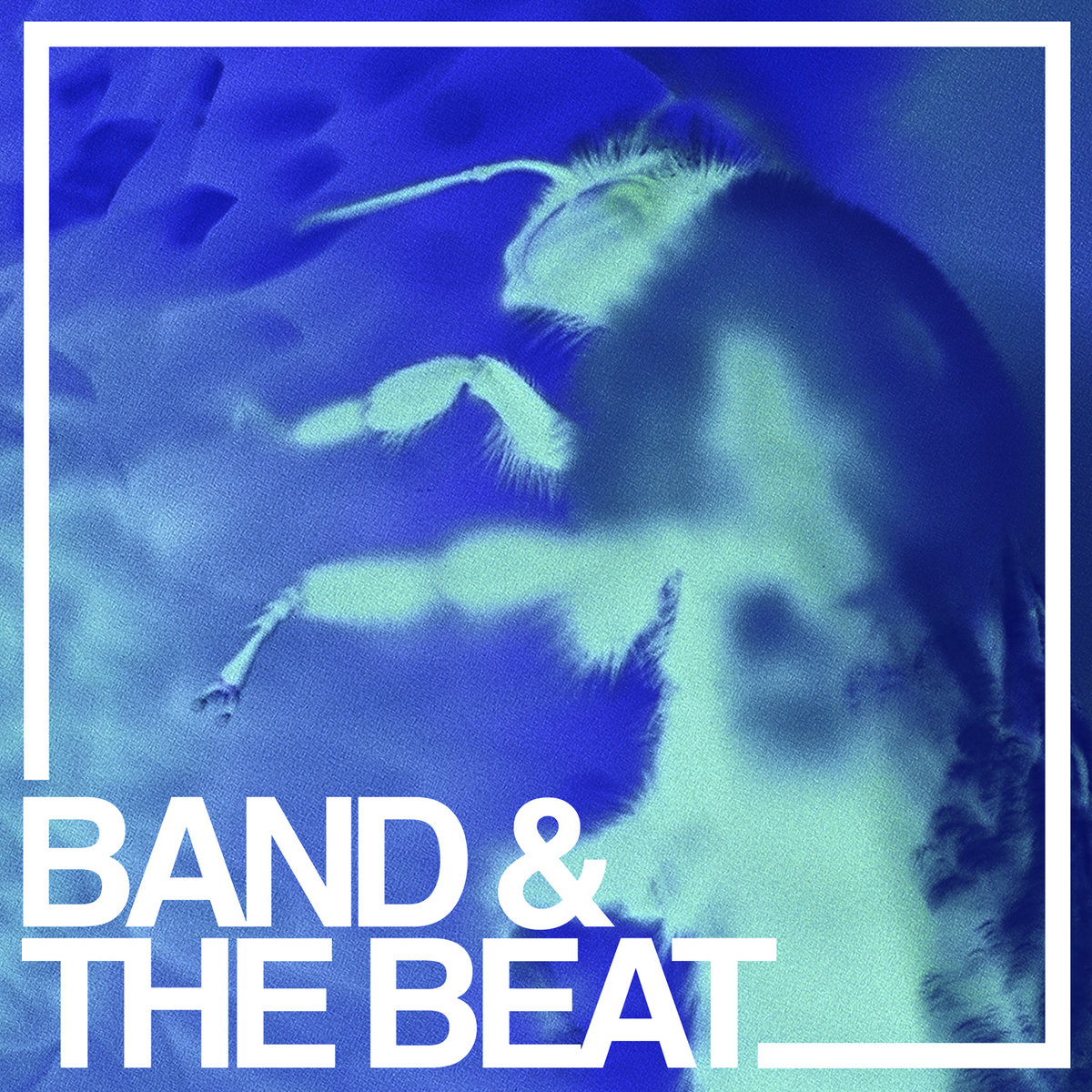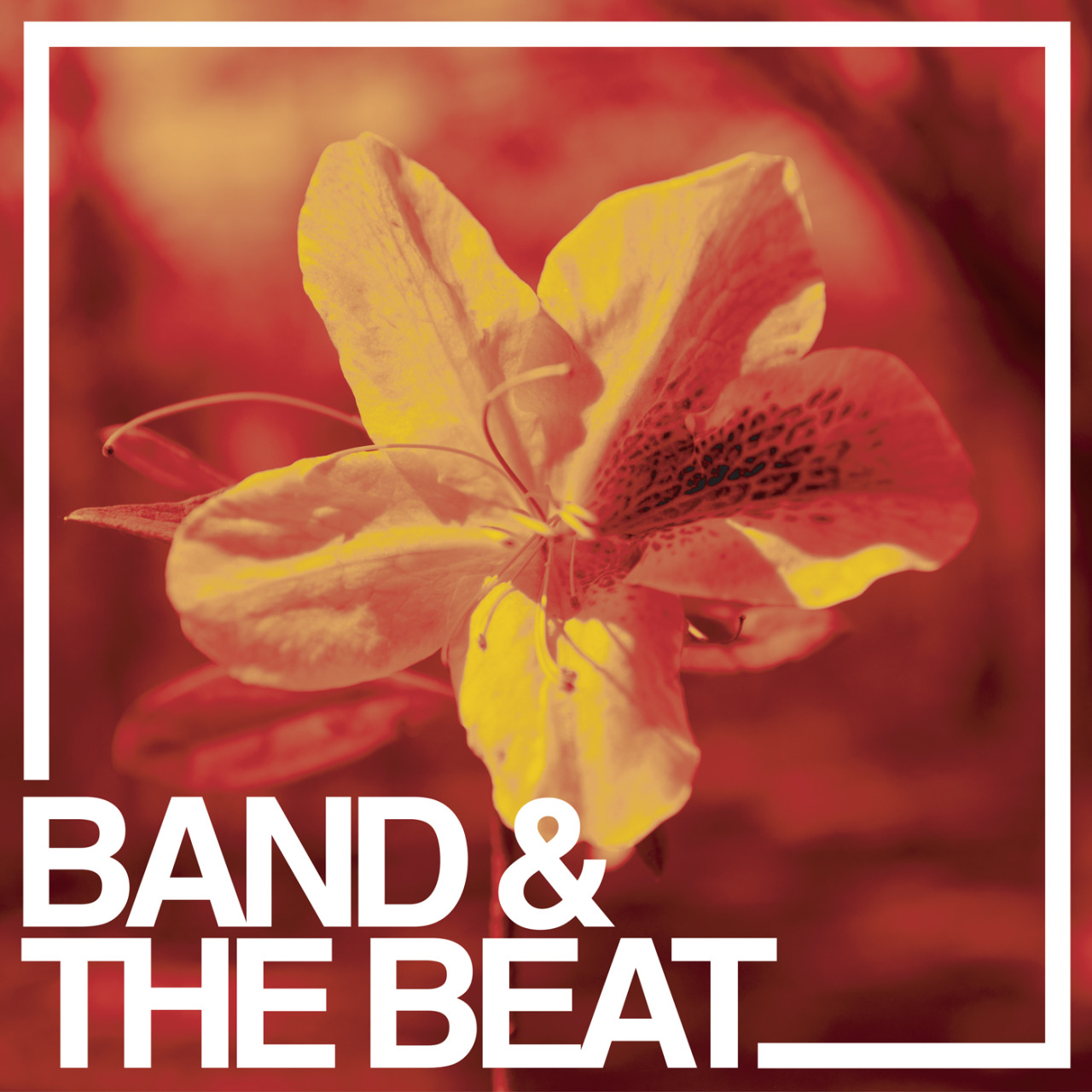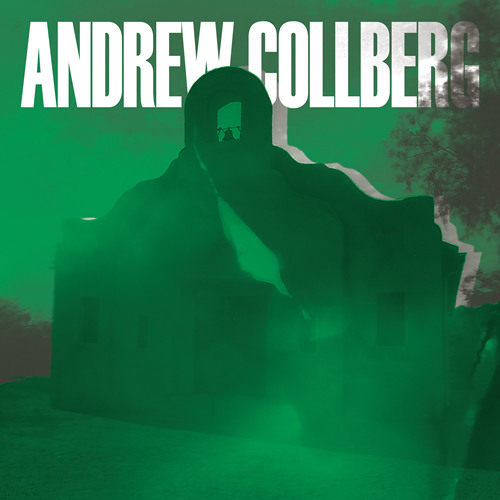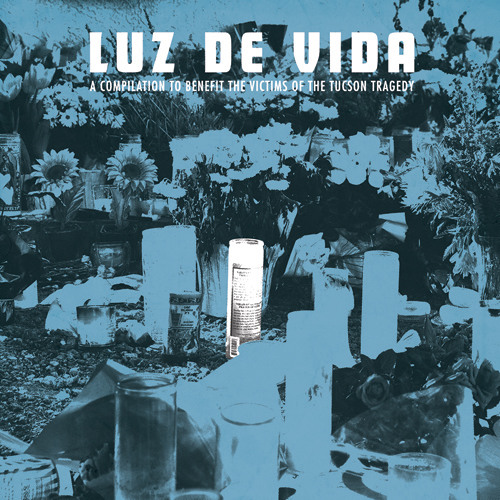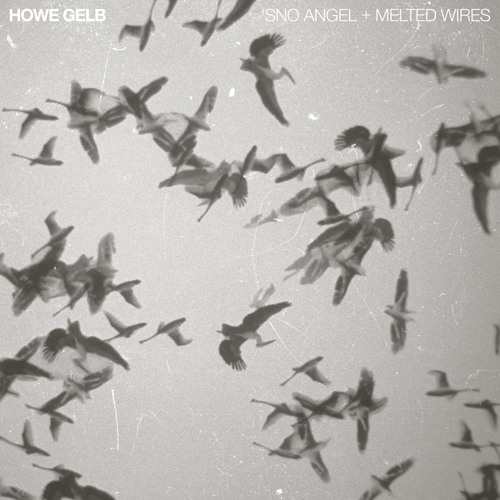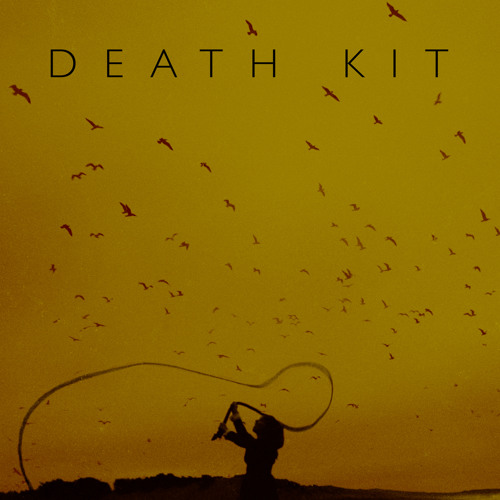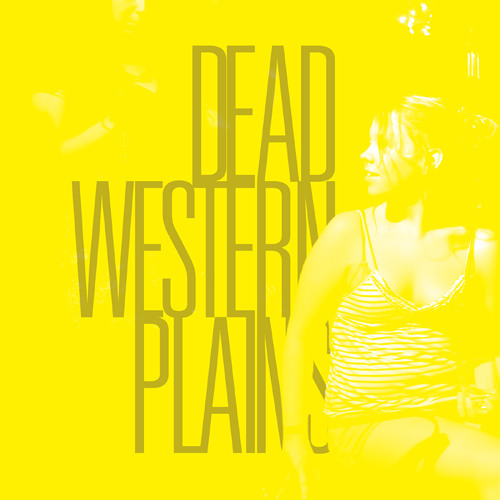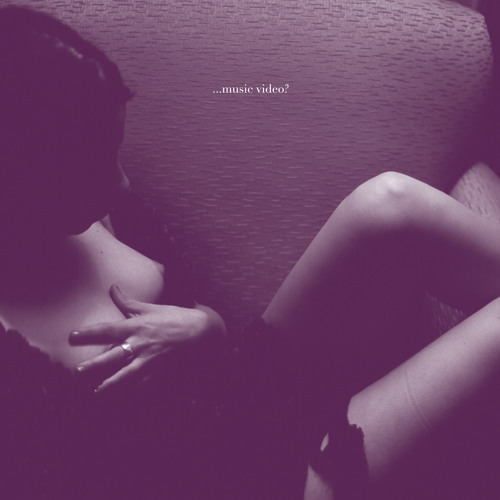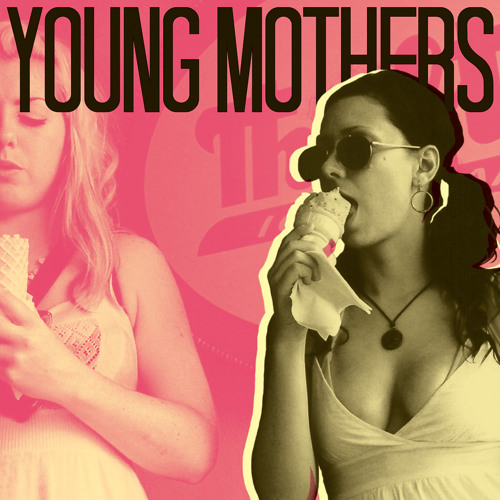EVENT CALENDAR
Monday, July 12, 2021
Sunday, July 11, 2021
Caught on Tape: Soda Sun find a home in the heat on their debut Stay Here
Saturday, July 10, 2021
"Let's Dance' at this Sunday at The Opera Room, Wilmington NC
Friday, July 9, 2021
Tuesday, July 6, 2021
Soda Sun: Stay Here
Soda Sun:
John Goraj: vocals
Derek Cerretani: bass, vocals
Johny Vargas: guitar
David Foley: drums
Stay Here is released via Fort Lowell Records. It will be released on vinyl on October 1.
Tracks:
- Horse and Home
- Beachwood
- Junkies
- Stay Here
- Hildegard
- Gitchie
- Blood
- Birds of Paradise
Monday, July 5, 2021
Sunday, July 4, 2021
Four new songs from Lauds, coming soon!
 Lauds
Lauds
Friday, July 2, 2021
Soda Sun 'Stay Here' [Digital LP] Out Now!
Thursday, July 1, 2021
Soda Sun's Interview + “Stay Here” Video Premiere
Soda Sun’s “Stay Here” reflects frontman John Goraj’s loves. Looking to recent memories made with his family, such as their move to Tucson from Los Angeles, it’s a sweetly contemplative track. Comprised of Goraj, David Foley, Johny Vargas, and—until recently—Derek Cerretani, Soda Sun have focused on developing organic, meditative moments in their music. The band worked with mixing engineer Larry Crane (Sleater-Kinney, Elliott Smith) to produce their brand of emotive indie pop, recording almost entirely on a reel-to-reel Tascam 388.
Matching the vintage sentiments of their tape machine, Soda Sun’s Foley pieced together recordings from the Prelinger Archives to develop its music video. Altogether, the band foster nostalgia in their contemporary music, creating ample space for the mind to ruminate. Ascending guitar and bass melodies complement one another agelessly, completed by Foley’s understatedly rich percussion and Goraj’s stirring, emotive vocal performance.
“Stay Here” comes nearly two years to the date that their debut single, “Gitchie”, had made its premiere. Now, Soda Sun is in its final stretch towards the release of their first LP, also titled Stay Here. The album is set to release digitally on 2 July and physically on 1 October via Fort Lowell. Soda Sun’s “Stay Here” is available now via Bandcamp.
Celebrating [the "Stay Here"] single release, and in anticipation of the forthcoming LP, PopMatters chats with Soda Sun’s Goraj, Foley, and Vargas about the time they have spent together so far.
John, what fueled your move to Tucson and forming Soda Sun?
John Goraj: My wife’s from Tucson, and she’s always wanted to come back. We were living in California at the time, and I had a job that was falling through, and the housing market was looking pretty ridiculous. She was just like, “What do you think about going to Tucson now?” I was totally down and already knew how great of a place it was.
In terms of wanting to start Soda Sun, I’d been playing folk music solo for so long, like over ten years in LA. It was a rough place to be trying to do that, and in Nashville, too, where I just got drowned out by the country scene. I couldn’t find my place.
I have a really close friend named Matt who, before we moved to Tucson, said, “Why don’t you form a really great group of people and make awesome music, and really just have fun with it and make it a bigger thing?” I thought to myself, “Why haven’t I done that? Why have I resisted that?” I still don’t have an answer, but Matt’s words were stuck in my mind by the time I got here. So once I got here, I knew what I needed to do.
Then, I met Dave, and he was super into the idea of starting this band, and then Derek and Johnny. Suddenly, it was happening!
David Foley: It’s nice to be part of the band. I like how the creative situation breaks apart your striving ego, contributing to something as a group and seeing it become something bigger.
JG: For me, too. I’d recorded albums myself where I’d play all of the parts, and there was a real intense control aspect with the music. I made a conscious effort to let go of control. I wanted other people to speak their minds about it.
DF: There came a time in my life where I began to realize that everyone around me had a talent. Maybe I was around 32. There was a time when I was younger, and I think this is true for many of us, where I felt like I was the most talented guy in the world. It seems like when you involve more people in what you do, that is what makes you greater—not just musically but devoting your energy like a fuel cell to any creative process. You need to give up the controlling aspects of your nature to grasp that full energy.
How about you, Johnny? Do you love these guys, or hate them?
Johny Vargas: Which side do I start with? [laughs]
I’ve been a part of a lot of different musical projects. When I first started playing music, I had the best experience playing with my best friends. It’s a brotherhood, a camaraderie, where you show up to rehearsal, and it’s like a family reunion and not a job. After college, my gigs became more like work, and no one really talked to each other in rehearsals or performances. I’d miss the friendship aspect and be like, “What the hell?”
When John reached out to me, my first thought was, “They have magnificent beards and I think I can contribute to this.” [laughs]
I loved “Gitchie” when I heard it. I let my wife and my family listen to every project that I’m a part of, and they really liked Soda Sun, which doesn’t always happen. So, I thought, “This must be a good thing.”
Sure enough, these guys are awesome and loving and have let me be free to be who I want to be. I’m able to bounce ideas off them and ask what they think. I’m a high school teacher; part of my mantra is to be okay with failure. Our creative process is super healthy. It’s not like, “Oh, you don’t like my sweet guitar solo? Fuck you.”
I was listening to “Blood” today and wondering, “What was I thinking, putting that raging guitar part at the end?” Our mixer put it pretty high in the mix. Still, the band let me do that. Sorry, but not sorry.
JG: No! I was just telling Felicia, my wife, it’s been really cool to reflect on the story behind every single in this release process. This might especially be the case with “Blood”, where Johnny had this awesome idea at the last second.
I really like how the guitar part fights with the vocal. It’s cool. I know that it is loud, but there’s a whole tension that’s awesome. The guitar is like, “Hey man, shut up!” and the vocals are like, “No man, you shut the fuck up!” [laughs]
DF: Recording the tracks often came from these sudden moments of inspiration. We recorded most of these in just a few takes. So, Johnny will probably never play it the same way again. He tends to be very free on stage during our live shows.
What a blessing it was, too, that you were able to get together to record these singles in the same room.
JG: A big chunk of it was done just before everything started going down. There were little things that were done later, but it was done safely. A big part of what we did in 2020 was the mixing.
JV: We had such a good momentum with live shows right before the lockdown.
DF: We were really getting tight at that point.
You’re missing a bandmate, since Derek Cerretani has moved to Florida. Let’s eulogize his contributions to Soda Sun a bit.
JV: Derek was so cool, and so smooth. My father-in-law even said, “When I go to see you guys live, all I ever do is watch Derek,” which I get. He’s so melodic. He plays bass like a guitar player. It was fun to be on stage with him.
JG: Derek was, and is, amazing to play with. He was super even keel, always. He never got stressed out about anything. He was just ready to go.
DF: He always had a groove to him, a bop to him.
JG: It’s super sad that he’s gone. Me and Dave can get really heady and geek out about stuff. In a way that could be annoying.
JV: Yeah, it’s annoying. [laughs]
JG: That’s how we are. That’s one of our dynamics. I’ll call him regularly at like 11pm or midnight and we’ll talk about our songs. Derek is the opposite—super chill, never gets stressed out. He really balanced us out that way.
DF: We were thinking about that the other day, as we’ve been meeting new bassists.
JG: Even though he’s more of a guitarist, he jumped into our bass role immediately and fucking killed it.
DF: Man, I love his bass lines.
JG: It was also really cool with Larry Crane, our mixer, to mix this record with the bass front-and-center. It’s really crisp. We never had emails about keeping Derek upfront, but I knew he was doing it, and I love it. He’s a bassist too, Larry. Even on phone speakers, you can hear that bass right upfront.
JV: It’s almost like two lead guitar players playing together. Derek had amazing bass lines. I’m not trying to outshine him, so sometimes I take a chiller role to let those bass lines shine.
JG: I think a great example of that is in “Birds of Paradise”. In the instrumental breaks, Johnny and Derek are like these two birds of paradise dropping from the sky like actual birds, and they start dancing together.
JV: That’s interesting. [laughs]
JG: Both of their parts are so cool. Johnny’s doing a guitar solo, and Derek’s doing a bass solo at the same time. It’s some magnificent stuff.
We’re premiering the music video for “Stay Here” on PopMatters.
DF: “Stay Here” does, out of all of our songs, feel timeless for me. I always listen to “Stay Here” and I don’t have any criticisms about it. There’s something about it that really feels perfect to me.
JG: I remember that that was one of the recording sessions that we did at night. It was pretty cold, like in January or December, and late at night. Dave played this sweet pitter-patter on the drums, and I played this sweet guitar part, and we both just thought it sounded really cool.
That song’s special to me because it’s about my family, about moving here, and about loving Tucson and the wilderness that surrounds us. The parts that Johnny and Derek put on the song, too, are super beautiful.
DF: I feel like the emotion in the track is really present. I can imagine falling in love to that song, or making love to that song. [laughs]
JG: There’s some really specific desert references in there too, which I love. I love putting those direct references and symbols in there.
This was one of the songs where we did some extra recording during the pandemic. Dave took on the task of taking our Tascam to Johnny so he could record his parts.
DF: I actually feel bad about that, still, dropping off this thing the size of a table at his front door. [laughs]
JV: During the pandemic, a lot of musicians, I feel, were forced into learning how to record themselves—myself being one. I had known a little about digital recording, but doing tape was really cool. I wouldn’t take it back at all, but learning how to do it on my own was so frustrating.
JG: Dave had actually written this whole manual for Johnny to learn how to use the Tascam with.
DF: I should have known while writing this four-page manual that dropping it off a tape machine wasn’t going to be easy.
JV: It was really cool to learn, though. I still have the manual, too. I’m going to frame that.
JG: The manual’s awesome. It has little drawings and stuff. Dave’s a great artist.
DF: I had to make sure to keep him interested. [laughs]
The Tascam has been interesting. I question whether it’s the best thing to be recording on, sometimes. At the same time, it’s the most interesting thing to be recording on. The power that you feel recording on it is sometimes all you need to get yourself through the more frustrating ends of that process. You’re not just recording—you’re discovering.
JV: And there’s only eight tracks. Most music these days, they layer the shit out of their recordings, like a minimum of 50 tracks. And we have seven! Sometimes eight. Is there any digital?
DF: I recorded some bass drums.
JG: And we recorded some harmonies on “Blood”. That was digital because we had already went past eight on it.
DF: For the purists out there, though, all of our songs are almost entirely Tascam.
JG: “Birds of Paradise” was entirely Tascam.
DF: I think a lot of the tracks are recorded over an old Mr. Rogers episode from the guy we bought it from, as well as over an album that his band had made on it. Tape is reusable!
Let’s talk about the music video.
JG: For all of our music videos, we went to this archival site called the Prelinger Archives. There’s this guy, Rick Prelinger, and he takes anything you can imagine under the sun and has compiled it into this amazing library. The one that Dave used for “Stay Here” was Natalie Wood’s vacation footage.
DF: I like that one a lot. I put a lot of effort into “Stay Here”.
JG: “Blood” used a lot of cool animations from that site.
DF: There’s a lot of educational films on that site. I don’t know what happens with your brain when you look at a certain image and think of it in terms of the song, but there’s a resonance that happens. Sometimes, it’s just an odd thing.
JG: Dave put a ton of work into those. I’m really glad that we made them.
What are Soda Sun’s aspirations looking forward?
JV: I want to play more live shows. When you’re on stage, that’s the moment where all of the things you’ve been working hard on come to life. You’re there, sharing that moment with them, and not just listening to your record at home.
JG: We were having so much fun playing live. Everybody has the time of their lives. I’m super looking forward to that, too, and super looking forward to recording more. We were thinking of really focusing on one song at a time, and then another one, and another one. The “whole album” thing is kind of disappearing, anyway, with the way the world is.
DF: Yeah, I’d like to play more, play more throughout the southwest, and keep making recordings that we’re proud of.
Closing thoughts?
JG: We love you, Derek. Thank you for all that you did for our album. We’re bummed that you’re not here right now.
JV: I hope you all love our music.
DF: And if you do, let us know. It keeps us going!
Sunday, June 27, 2021
Saturday, June 26, 2021
Friday, June 25, 2021
Tracy Shedd played a 'secret show' in Wilmington NC last night
Thursday, June 24, 2021
6 super-fun things to do for Wilmington's first full weekend of summer
Tuesday, June 22, 2021
Friday, June 18, 2021
Tracy Shedd + Kicking Bird live in concert at Satellite!
 |
| Photo by Jake Thomas |























